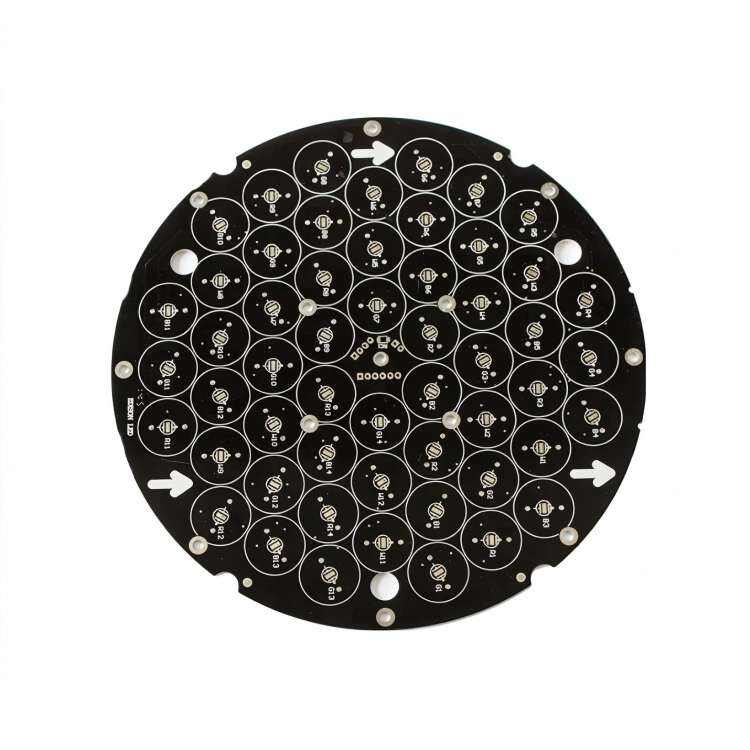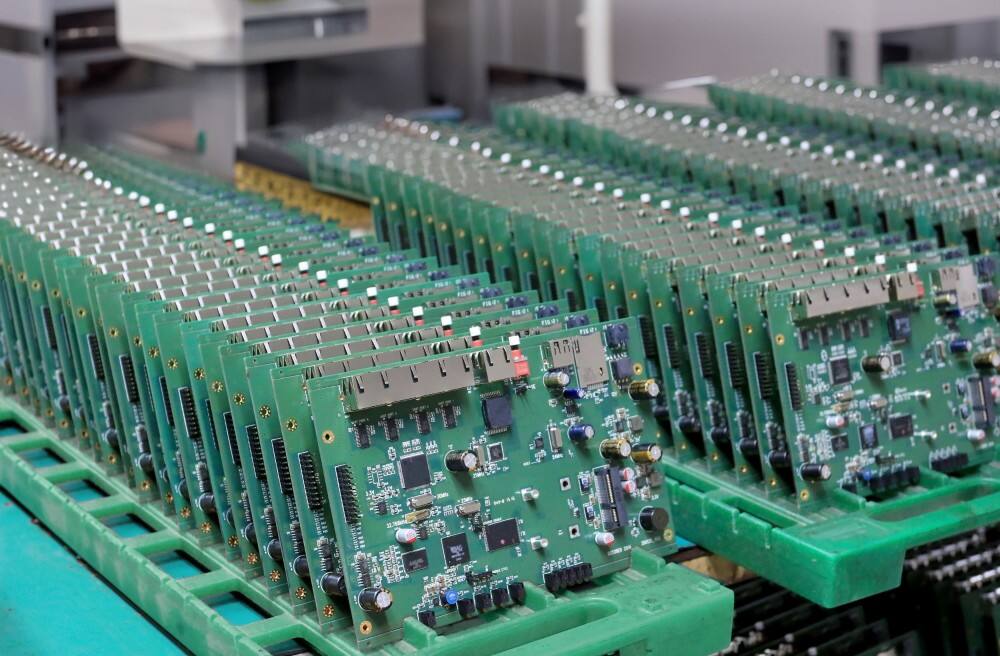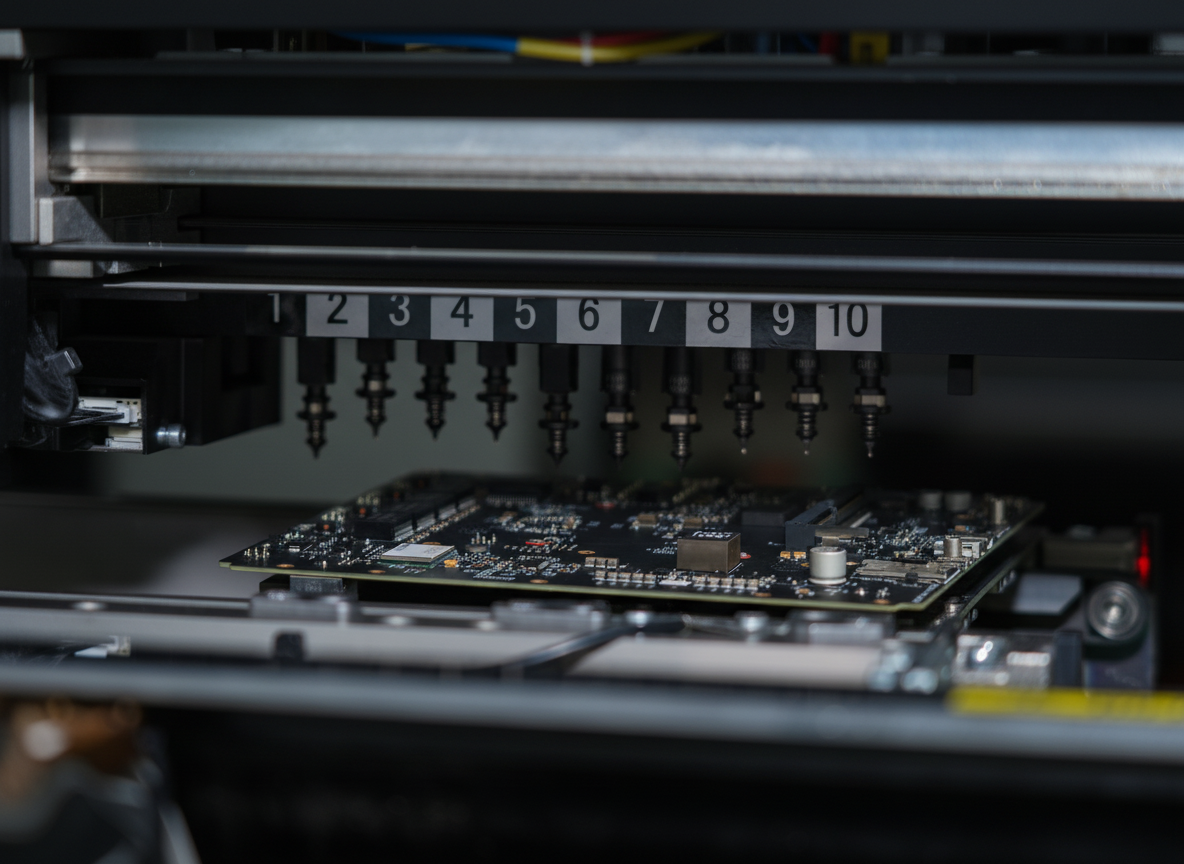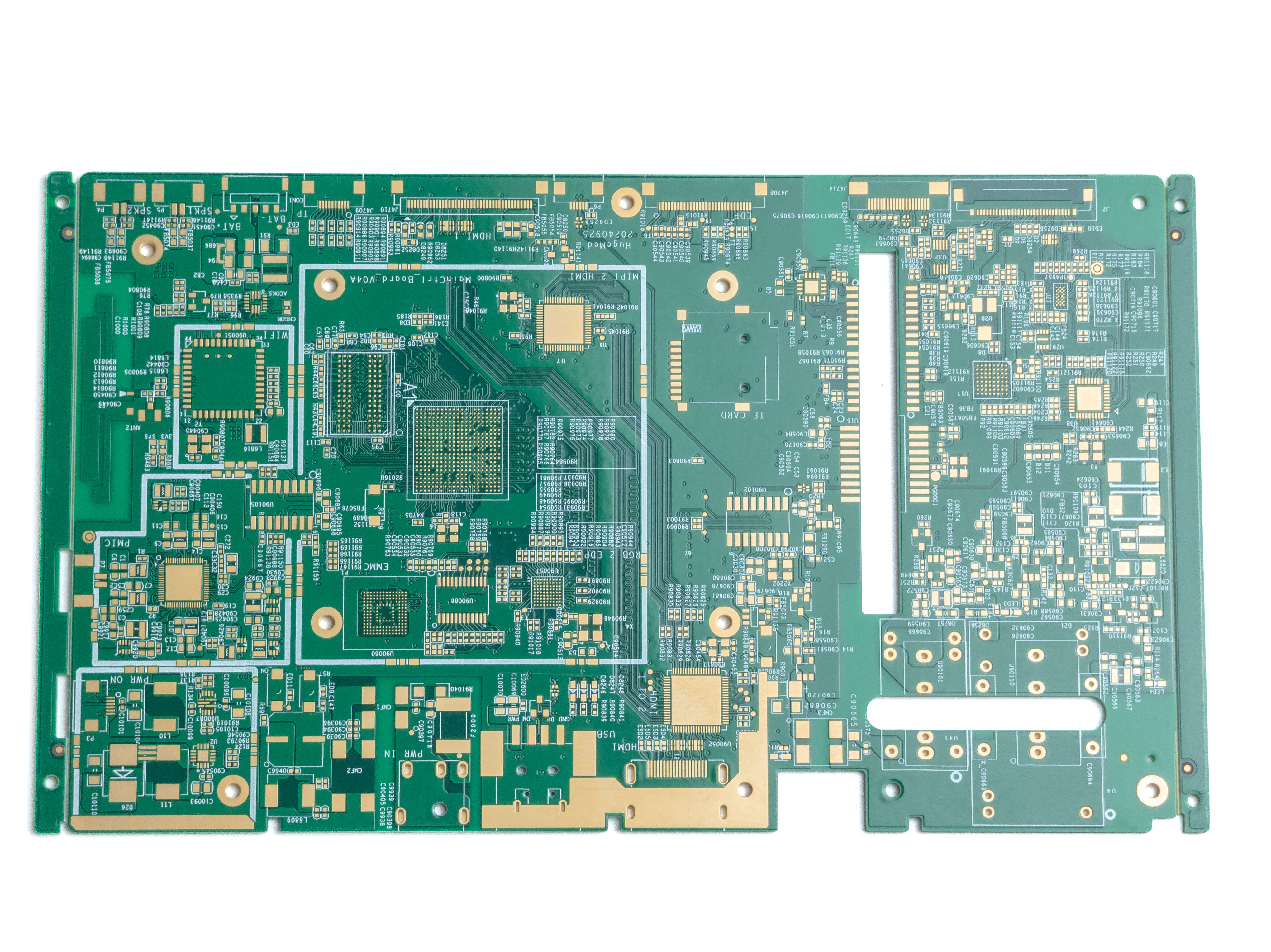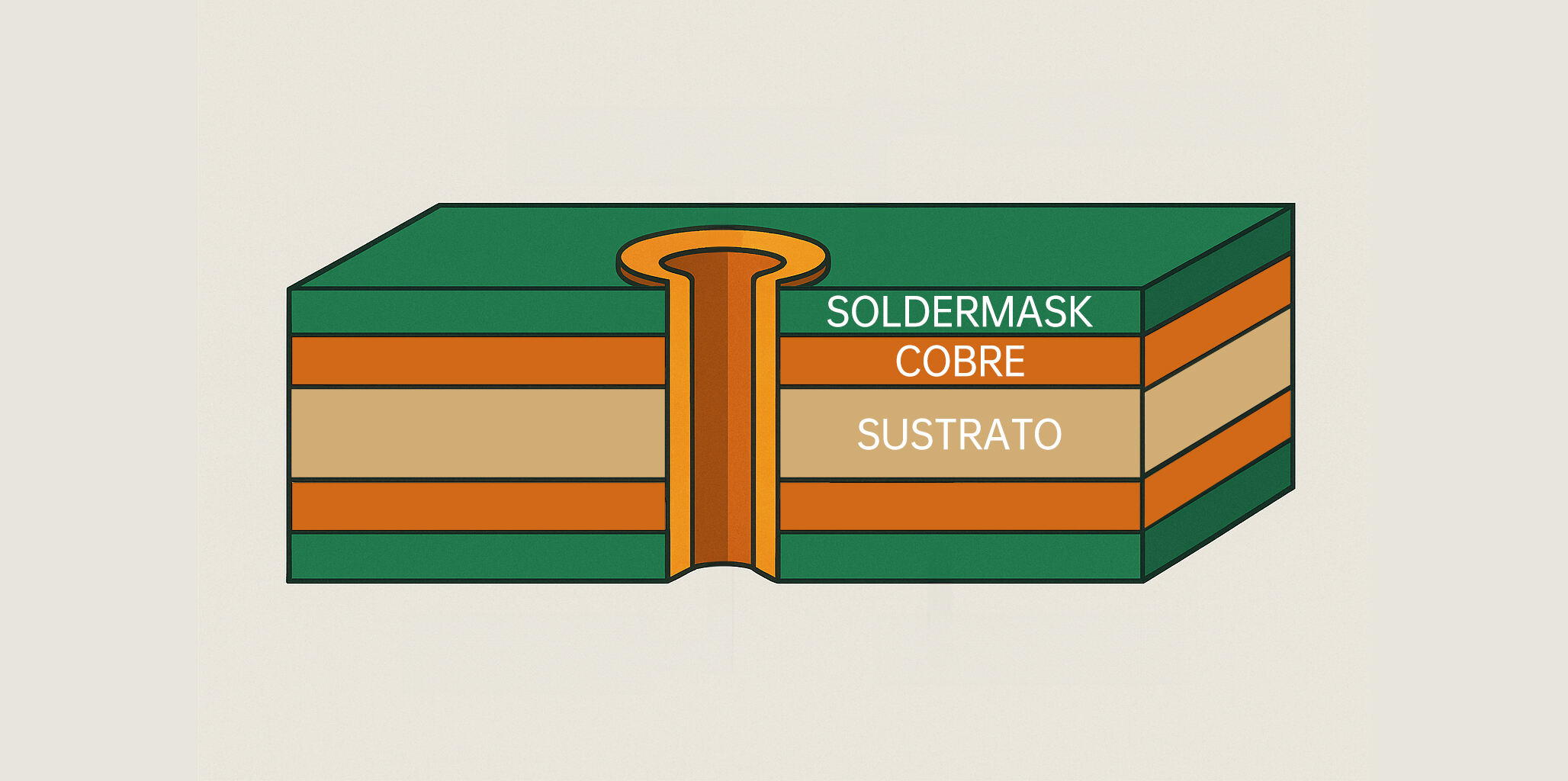pcb high tg
PCB High Tg (Glass Transition Temperature) represents a crucial characteristic in printed circuit board manufacturing, defining the temperature at which the board material transitions from a rigid to a more flexible state. This property is fundamental for applications requiring exceptional thermal stability and reliability. High Tg PCBs typically feature glass transition temperatures ranging from 170°C to 180°C, significantly higher than standard FR4 boards. These specialized boards are engineered using advanced epoxy resin systems and reinforcement materials, ensuring dimensional stability under elevated temperatures. The high glass transition temperature makes these PCBs particularly suitable for demanding applications in automotive electronics, aerospace systems, and high-power industrial equipment. The material composition enables better resistance to thermal stress, reducing the risk of delamination and ensuring consistent electrical performance even under challenging operating conditions. Additionally, PCB High Tg materials offer enhanced mechanical strength, improved chemical resistance, and better copper adhesion, contributing to the overall reliability and longevity of electronic devices.

